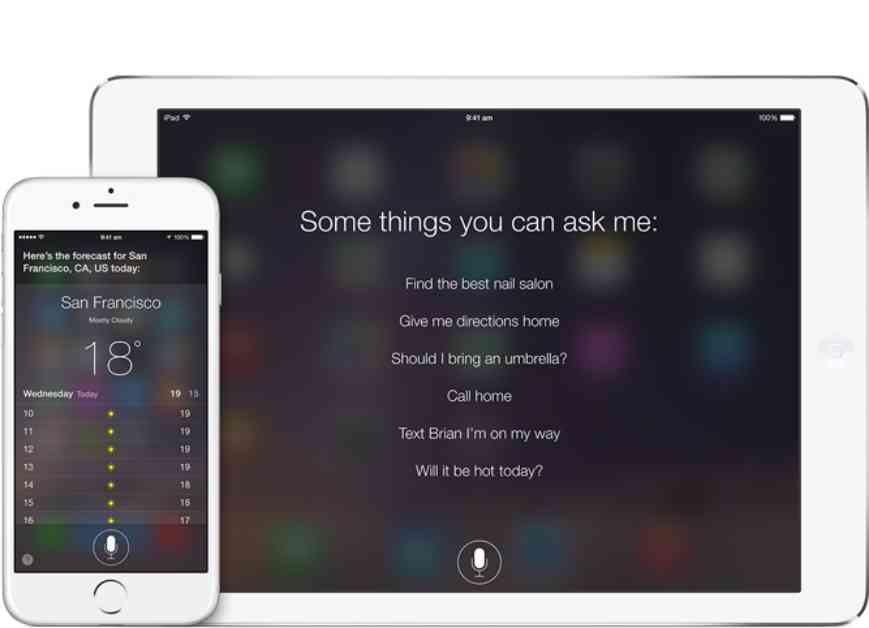Apple Settles Siri Lawsuit for $95 Million
Apple has reached a $95 million settlement to resolve a class-action lawsuit involving Siri, the company’s AI virtual assistant, accused of eavesdropping on users of iPhones and other devices. The agreement follows a federal filing on Tuesday in Oakland, California, marking a significant milestone in the legal battle.
The lawsuit, which spanned five years, centered on claims that Apple covertly activated Siri to record conversations on iPhones and other Siri-enabled devices for more than a decade. Users alleged that the virtual assistant, commonly triggered by the phrase “Hey Siri,” recorded them without consent and shared the recordings with advertisers to enhance sales.
In a surprising turn of events, the allegations contradicted Apple’s steadfast commitment to safeguarding customer privacy, a core value frequently championed by CEO Tim Cook. The proposed settlement, subject to approval by U.S. District Judge Jeffrey White, does not admit wrongdoing on Apple’s part. A court hearing on Feb. 14 is scheduled to review the settlement terms and finalize the resolution.
Compensation Details
Millions of customers who owned iPhones and other Apple devices between Sept. 17, 2014, and the end of 2024 may be eligible to file claims if the settlement receives approval. Each consumer could potentially receive up to $20 per Siri-equipped device covered by the settlement, depending on the volume of claims. Court documents suggest that only 3% to 5% of eligible consumers are likely to pursue compensation, with a maximum limit of five devices per eligible customer.
Financial Implications
The $95 million settlement amount, while substantial, represents a fraction of Apple’s $705 billion profits since September 2014. It is significantly lower than the estimated $1.5 billion that plaintiffs’ lawyers had speculated Apple might have to pay if found guilty of violating wiretapping and privacy laws during a trial. Additionally, the attorneys involved in the case may seek up to $29.6 million from the settlement fund to cover their fees and expenses.
As we navigate the complexities of technology and privacy, it’s essential to reflect on the implications of this lawsuit for both consumers and tech giants like Apple. How can companies balance innovation with ethical considerations to protect user data and trust? As we await the outcome of the settlement, let’s continue to advocate for transparency, accountability, and responsible use of AI technologies to uphold privacy rights and consumer welfare.














